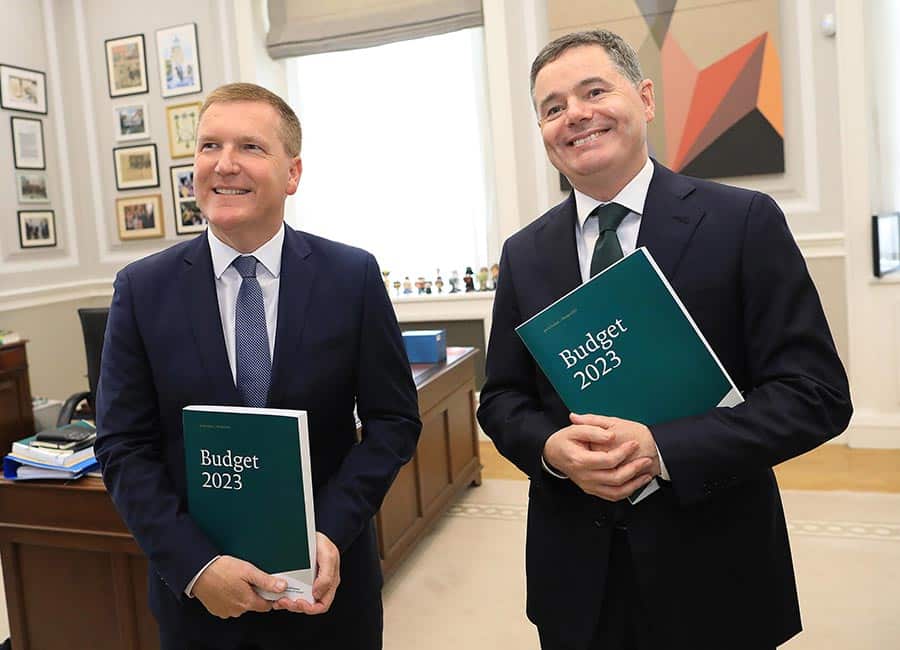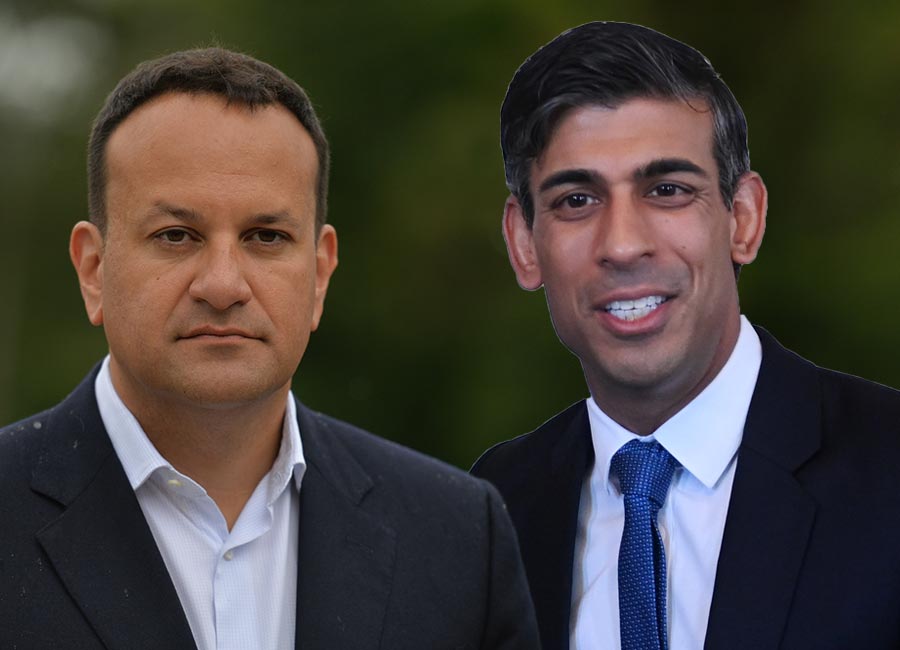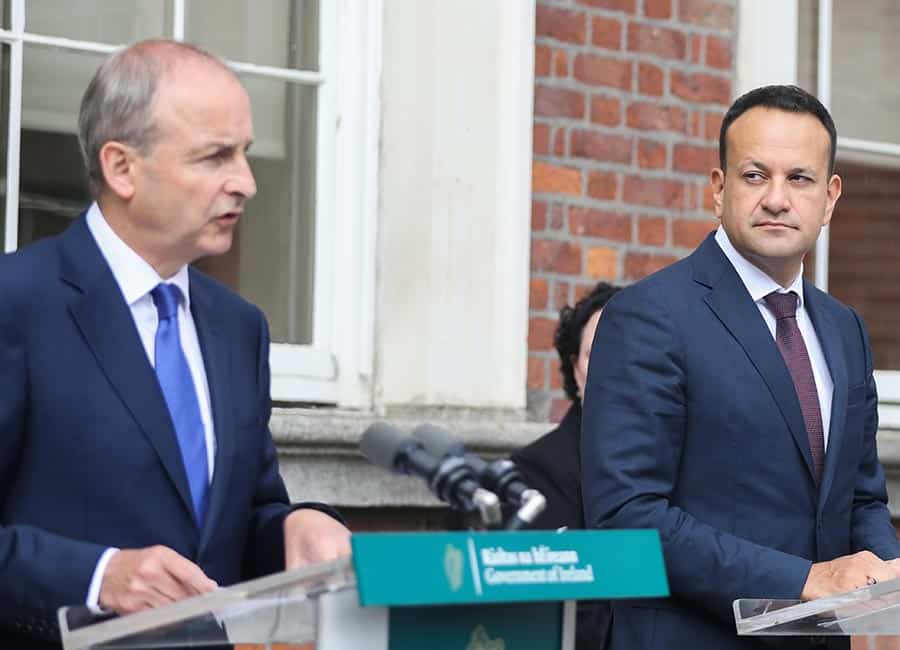The Government's one-off Budget measures "will insulate most households from rising prices" this winter, according to the Economic and Social Research Institute (ESRI).
The think-tank added that more welfare bonuses, lump-sum payments and household energy credits would be needed next winter to prevent "real term cuts" to the living standards of lower-income households.
A series of one-off measures to help people struggling with the rising cost of living was announced as part of Budget 2023 this week. The core budget package was worth €6. 9bn with one-off measures worth €4.1bn.
Opposition parties and representative groups argued that more could have been done to help people pay soaring energy bills this winter. Among the main criticisms was an increase of €12 per week for social welfare payments, which fell short of calls to increase welfare by €20 a week.
The ESRI said its research shows that welfare increases in 2022 and 2023, together with one-off measures, "are large enough" to leave the lowest-income households better off on average than they would have been had welfare payment rates risen in line with inflation this year and next.
The increases to tax credits and welfare payments next year, which fall below the forecast inflation for 2023, will mean many lower-income households "will experience real term cuts in living standards" in the second half of the year. It also suggested that a repeat of the welfare bonuses, lump-sum payments and household energy credits would be needed to prevent this.

The increase of the high tax rate band of 40% from salaries of €36,800 to €40,000 "will mitigate the effect of inflation on higher-income households", the ESRI said, but added that most Universal Social Charge and PRSI bands were frozen, and tax credits are indexed below inflation.
"The effect of this is to reduce the after-tax purchasing power of lower earners who do not earn enough to pay income tax, though some of these will gain from an increase to the minimum wage."
Barra Roantree, a research officer at the ESRI, said: "Our research shows the Government's approach to insulating households from the recent rise in energy prices has been effective."











